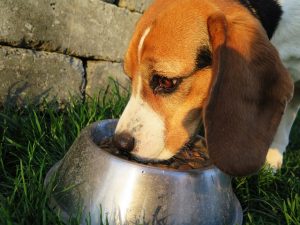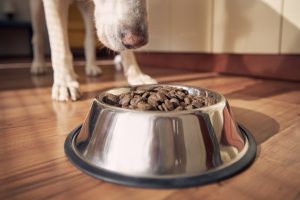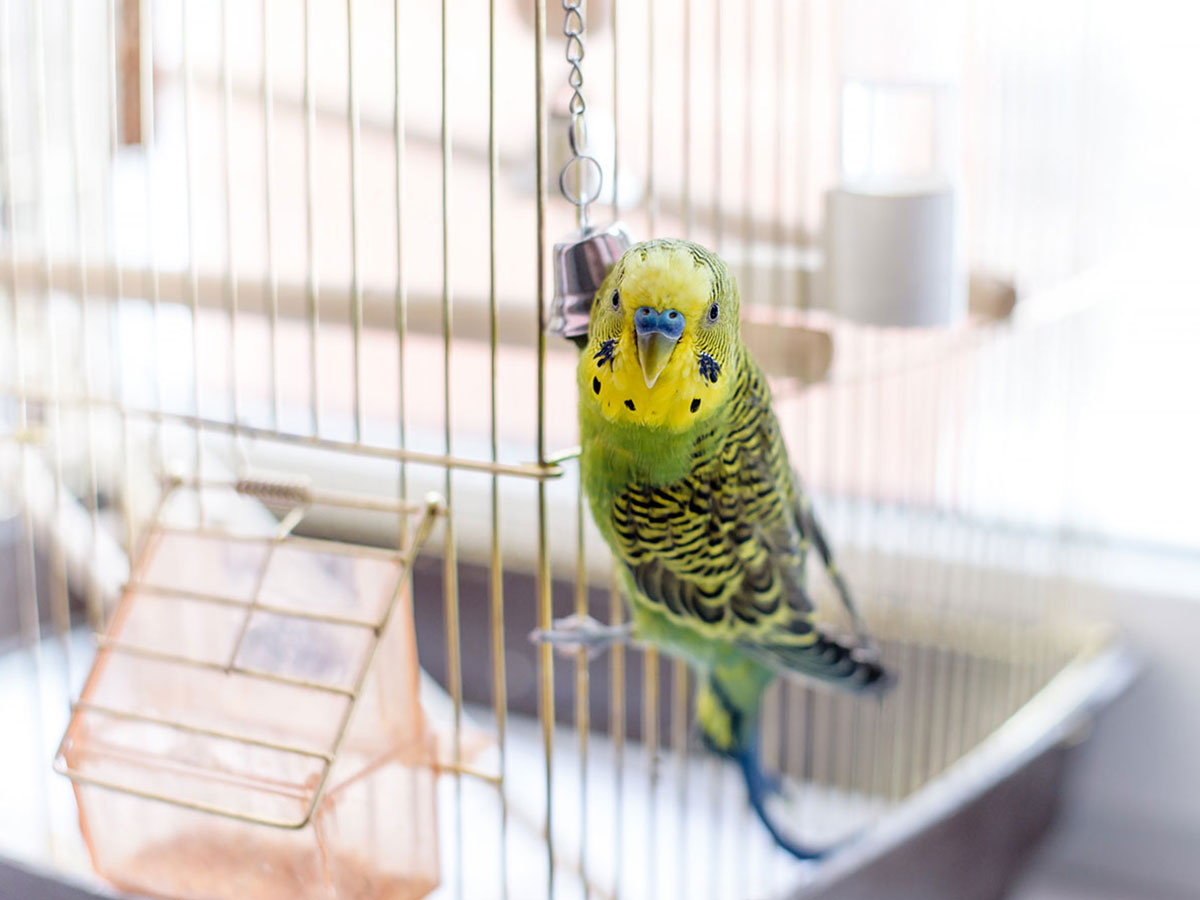
Keeping pet birds can be an incredibly rewarding experience. These intelligent, colorful, and often charming creatures can become cherished members of your family. However, ensuring the well-being and happiness of your avian companions requires proper care, attention, and understanding. In this comprehensive blog post, we’ll explore the best ways to care for pet birds and create an environment where they can thrive.
Choose the Right Bird Species
Selecting the right bird species is the first crucial step in providing the best care for your feathered friend. Consider factors such as size, temperament, lifespan, and specific care requirements when choosing a pet bird. Some popular choices include budgerigars (budgies), canaries, cockatiels, lovebirds, parrots, and finches. Make sure you’re fully informed about the species you’re interested in to meet their unique needs.
Create a Suitable Living Space
Birds need a safe, comfortable, and stimulating living environment. Here’s how to set up the ideal space for your pet bird:
- Cage Size: Choose an appropriately sized cage for your bird’s species. A larger cage allows more room for flying and exercise.
- Bar Spacing: Ensure the bars of the cage are the correct spacing for your bird to prevent escapes or injuries.
- Perches: Provide a variety of perches with different textures and diameters to promote foot health.
- Toys and Enrichment: Stimulate your bird’s mind with toys and activities. These can include puzzles, mirrors, swings, and foraging toys.
- Proper Placement: Place the cage in a well-lit area away from drafts and direct sunlight. Birds need fresh air, so open windows occasionally but ensure your bird’s safety.
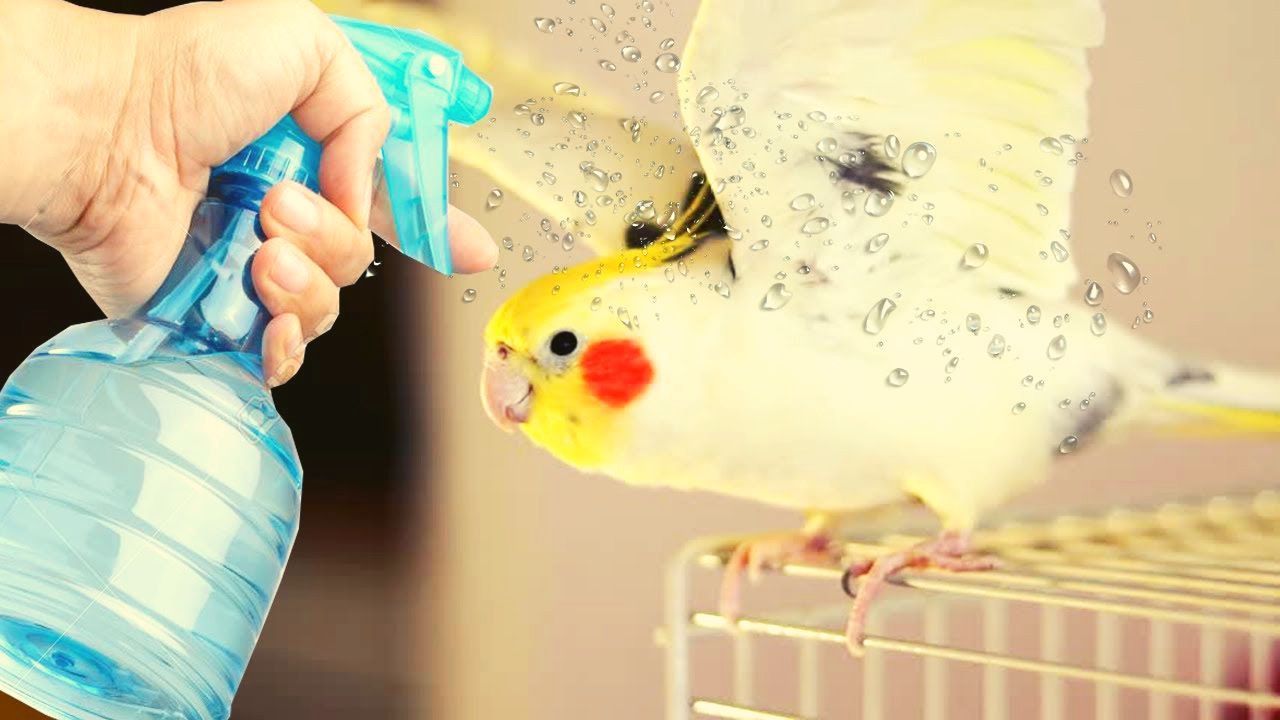
Maintain Cleanliness
Cleanliness is crucial for the health and well-being of your pet bird. Regular cleaning tasks include:
- Daily Cleaning: Remove food and water dishes, clean them thoroughly, and replenish with fresh food and water. Remove any droppings and replace cage liners.
- Weekly Cleaning: Give the cage bars and perches a weekly scrub. Wash any toys and disinfect the water and food dishes.
- Monthly Cleaning: Completely empty the cage and give it a deep cleaning. Wash the entire cage, replace any worn or damaged items, and check for signs of wear and tear.
- Annual Vet Visits: Regular vet check-ups are essential to ensure your bird’s health. Some birds may require yearly vaccinations or tests.
Provide a Balanced Diet
A well-balanced diet is vital to your bird’s health. Different bird species have varying dietary requirements, so research the specific needs of your pet. However, a typical diet for most pet birds includes:
- Fresh Water: Ensure your bird has access to clean, fresh water at all times.
- Pellets: High-quality bird pellets provide balanced nutrition and can be the primary food source for many birds.
- Fresh Fruits and Vegetables: Offer a variety of fresh fruits and vegetables daily, such as apples, carrots, spinach, and peas.
- Seeds: While seeds can be part of a bird’s diet, they should not be the primary source of nutrition. Limit seed intake to a small portion of their daily diet.
- Calcium: Some birds may require additional calcium sources, such as cuttlebones or mineral blocks.
- Avoid Toxic Foods: Never feed your bird toxic foods like chocolate, avocado, or alcohol.
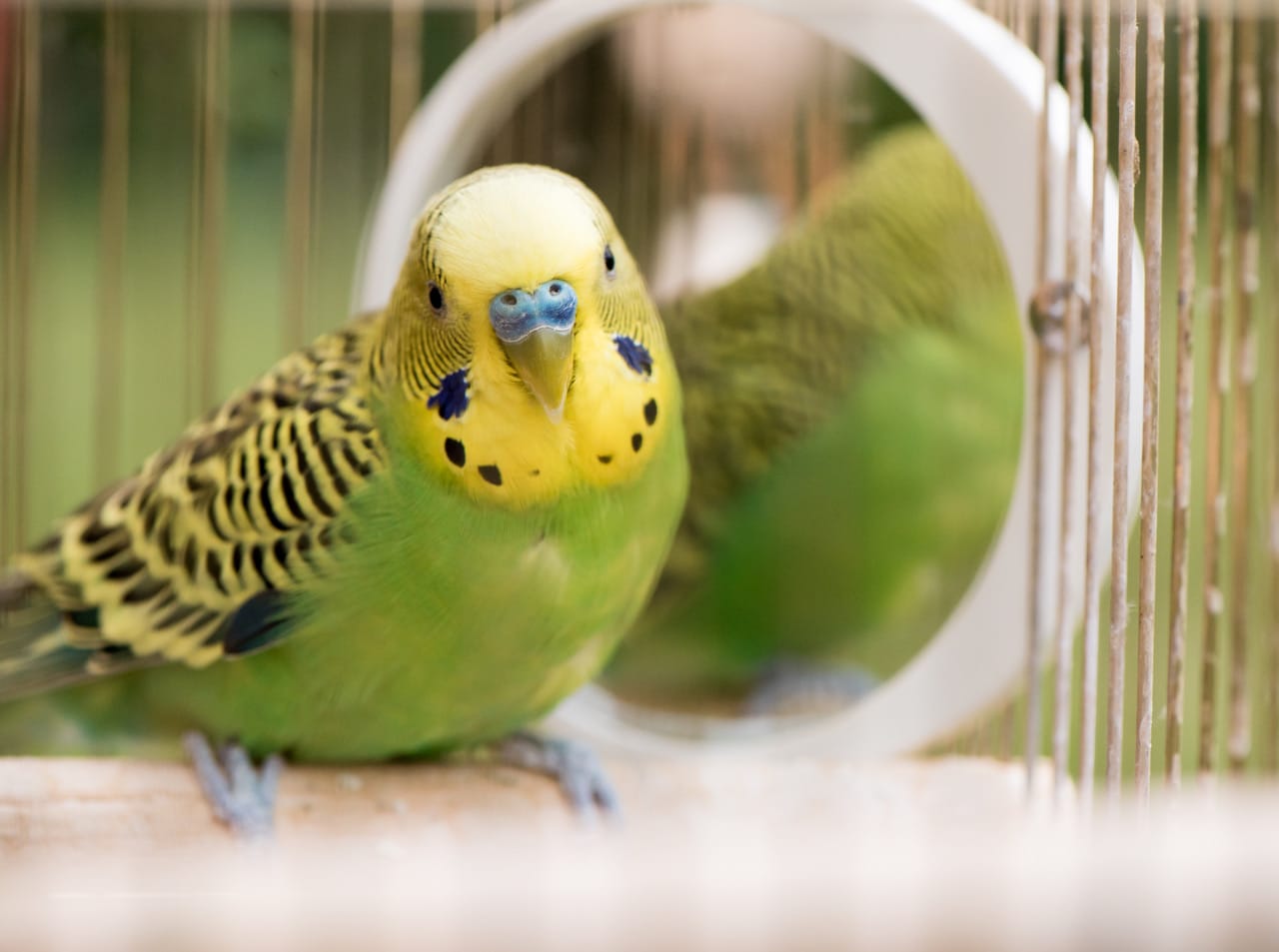
Encourage Exercise
Exercise is essential for maintaining your pet bird’s health and happiness. Provide opportunities for daily physical activity and mental stimulation:
- Flight Time: Allow your bird to fly freely in a safe, enclosed area for exercise and exploration.
- Playtime: Interact with your bird during playtime by offering toys, games, and puzzles.
- Foraging: Use foraging toys and encourage natural foraging behavior, which is mentally stimulating and engaging.
- Social Interaction: Birds are social animals and require daily interaction with their human caregivers. Spend time talking to, playing with, and training your bird.
Grooming and Hygiene
Proper grooming and hygiene are essential aspects of pet bird care:
- Bathing: Many birds enjoy bathing, whether in a shallow dish, misting, or under a gentle shower spray. Provide opportunities for regular bathing.
- Feather Care: Trim overgrown feathers if necessary. Consult with an avian veterinarian or an experienced professional to ensure safe and appropriate feather trimming.
- Beak and Claw Maintenance: Birds often keep their beaks and claws in good condition by chewing on natural branches and toys. Ensure your bird has access to appropriate items for this purpose.
Caring for pet birds is a rewarding and fulfilling responsibility. By providing a comfortable and stimulating living environment, a balanced diet, regular exercise, grooming, and attentive social interaction, you can ensure that your feathered friend enjoys a happy, healthy life. Remember that each bird is unique, and it’s crucial to tailor your care to their specific needs and preferences. With proper care and attention, your pet bird can become a beloved and cherished companion for years to come.
